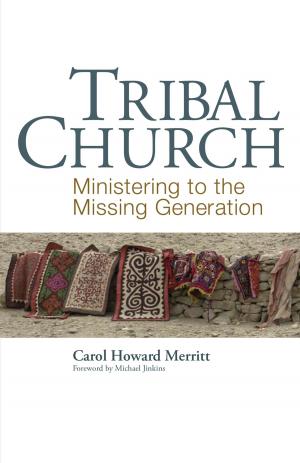Creative Management of Small Public Libraries in the 21st Century
Nonfiction, Reference & Language, Language Arts, Library & Information Services| Author: | ISBN: | 9781442243576 | |
| Publisher: | Rowman & Littlefield Publishers | Publication: | December 23, 2014 |
| Imprint: | Rowman & Littlefield Publishers | Language: | English |
| Author: | |
| ISBN: | 9781442243576 |
| Publisher: | Rowman & Littlefield Publishers |
| Publication: | December 23, 2014 |
| Imprint: | Rowman & Littlefield Publishers |
| Language: | English |
Creative Management of Small Public Libraries in the 21st Century isan anthology on small public libraries as centers of communities serving populations under 25,000 that make up most of the public library systems in the United States. A wide selection of topics was sought from contributors with varied backgrounds reflecting the diversity of small public libraries. The thirty-two chapters are arranged: Staff; Programming; Management; Technology; Networking; Fundraising; User Services and provide tools to lead a local public library with relevant and successful services. This volume shares a common sense approach to providing a small (in staff size or budget) but mighty (in impact and outcome) public library service. The contributors demonstrate that by turning the service delivery team outward to the community with enthusiasm and positive energy, it is possible to achieve significant results. Many chapters summarize best practices that can serve as checklists for the novice library director or as a review for the more seasoned manager working through new responsibilities. Chapters are tactical, focusing on specific issues for managers such as performance evaluations, effective programming, or e-reader services. Time management is crucial in a small or rural public library as well as the challenges associated with managing Friends and volunteers.
While most public libraries do not have the resources to satisfy customer expectations for instant gratification, ultra-convenience and state-of-the-art technologies, The authors of this book details strategies and methods for providing top-notch customer service while moving beyond customer service to the creation of meaningful customer relationships. This volume makes an important contribution to the literature by reminding us that public libraries transform communities of every size. In fact, never before has the role of the public library been a more critical thread in the fabric of community life.
Creative Management of Small Public Libraries in the 21st Century isan anthology on small public libraries as centers of communities serving populations under 25,000 that make up most of the public library systems in the United States. A wide selection of topics was sought from contributors with varied backgrounds reflecting the diversity of small public libraries. The thirty-two chapters are arranged: Staff; Programming; Management; Technology; Networking; Fundraising; User Services and provide tools to lead a local public library with relevant and successful services. This volume shares a common sense approach to providing a small (in staff size or budget) but mighty (in impact and outcome) public library service. The contributors demonstrate that by turning the service delivery team outward to the community with enthusiasm and positive energy, it is possible to achieve significant results. Many chapters summarize best practices that can serve as checklists for the novice library director or as a review for the more seasoned manager working through new responsibilities. Chapters are tactical, focusing on specific issues for managers such as performance evaluations, effective programming, or e-reader services. Time management is crucial in a small or rural public library as well as the challenges associated with managing Friends and volunteers.
While most public libraries do not have the resources to satisfy customer expectations for instant gratification, ultra-convenience and state-of-the-art technologies, The authors of this book details strategies and methods for providing top-notch customer service while moving beyond customer service to the creation of meaningful customer relationships. This volume makes an important contribution to the literature by reminding us that public libraries transform communities of every size. In fact, never before has the role of the public library been a more critical thread in the fabric of community life.















